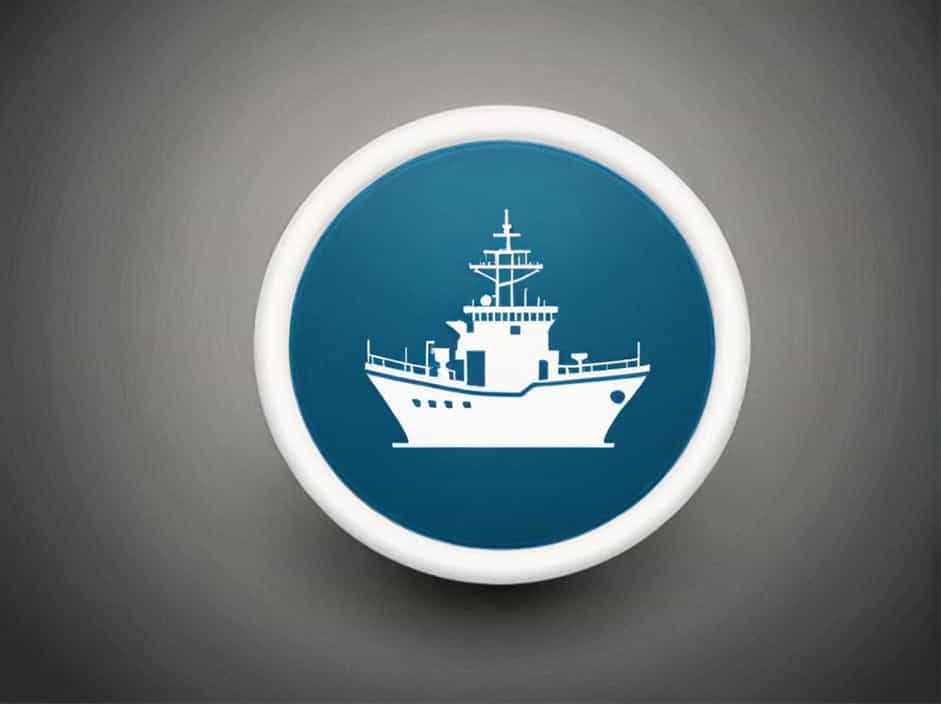The Nigerian Maritime Administration and Safety Agency (NIMASA) plays a crucial role in regulating and promoting maritime safety, security, and development in Nigeria. As a government agency, NIMASA is responsible for ensuring compliance with international maritime laws, enhancing the nation’s shipping industry, and protecting the marine environment.
This topic explores the agency’s functions, responsibilities, regulatory framework, challenges, and future outlook.
What is NIMASA?
NIMASA is the primary regulatory body for maritime affairs in Nigeria. It was established through the NIMASA Act of 2007, which merged the National Maritime Authority (NMA) and the Joint Maritime Labour Industrial Council (JOMALIC). The agency operates under the Federal Ministry of Transportation and works closely with international maritime organizations such as the International Maritime Organization (IMO).
Key Responsibilities of NIMASA
NIMASA has a broad mandate, which includes the following:
1. Maritime Safety and Security
One of NIMASA’s primary responsibilities is to ensure safety at sea. This involves enforcing regulations to prevent accidents, conducting inspections on vessels, and ensuring ships meet international safety standards. The agency also oversees search and rescue operations in Nigerian waters.
2. Regulation of Shipping Activities
NIMASA is responsible for enforcing the Merchant Shipping Act, which governs the registration and operation of ships in Nigeria. It ensures that all vessels operating within the country’s territorial waters comply with safety and operational standards.
3. Maritime Labour Regulation
The agency regulates the working conditions of seafarers and ensures compliance with international labor standards. It protects the rights of maritime workers and promotes fair employment practices in the industry.
4. Promotion of Indigenous Shipping
NIMASA supports Nigerian shipowners through the Cabotage Act, which aims to increase local participation in the shipping sector. The act restricts certain maritime operations to Nigerian-owned and crewed vessels, boosting the domestic maritime industry.
5. Marine Pollution Control
The agency is tasked with protecting Nigeria’s maritime environment from oil spills, chemical discharges, and other pollutants. It ensures that shipping companies adhere to environmental regulations and implements measures to prevent marine pollution.
6. Maritime Education and Training
NIMASA supports the training of seafarers through institutions such as the Maritime Academy of Nigeria. It also provides scholarships and training programs to develop local expertise in the industry.
Regulatory Framework and Compliance
NIMASA enforces several key maritime laws and international conventions, including:
- The International Ship and Port Facility Security (ISPS) Code – Ensures security in Nigerian ports and waterways.
- The International Convention for the Safety of Life at Sea (SOLAS) – Sets safety standards for ships.
- The Marine Pollution (MARPOL) Convention – Regulates pollution from ships.
- The Cabotage Act – Encourages Nigerian participation in domestic shipping.
Through these regulations, NIMASA ensures that Nigeria’s maritime sector operates according to global best practices.
Challenges Facing NIMASA
Despite its efforts, NIMASA faces several challenges in carrying out its mandate:
1. Maritime Security Threats
Nigeria’s waters, particularly the Gulf of Guinea, have been plagued by piracy, armed robbery, and illegal fishing. While NIMASA has taken steps to combat these issues, maritime security remains a significant challenge.
2. Limited Indigenous Shipping Capacity
Despite the Cabotage Act, Nigeria still relies heavily on foreign-owned ships. The lack of sufficient Nigerian-owned vessels limits the growth of the domestic shipping industry.
3. Regulatory Compliance Issues
Many ship operators struggle to comply with NIMASA’s regulations due to financial constraints or lack of awareness. Ensuring full compliance remains a challenge for the agency.
4. Marine Pollution and Environmental Hazards
Oil spills and pollution continue to threaten Nigeria’s coastal waters. While NIMASA has taken steps to enforce environmental regulations, addressing these issues requires stronger enforcement mechanisms.
5. Funding and Infrastructure Limitations
Maritime administration requires modern technology and well-equipped facilities. However, NIMASA faces financial and infrastructural constraints that sometimes hinder its operations.
Steps Taken by NIMASA to Improve the Maritime Sector
To address these challenges, NIMASA has implemented several initiatives:
1. Deep Blue Project
This project was launched to enhance maritime security through patrol vessels, aircraft, drones, and security personnel. It aims to reduce piracy and improve the safety of Nigerian waters.
2. Maritime Security Collaboration
NIMASA works with the Nigerian Navy, Air Force, and international partners to tackle security threats. Joint operations have led to a decline in piracy incidents.
3. Capacity Development for Seafarers
The agency provides training programs and scholarships to boost Nigeria’s seafaring workforce. This ensures that local professionals meet international standards.
4. Strengthening Cabotage Enforcement
NIMASA is enforcing the Cabotage Act more strictly, encouraging Nigerian ownership of ships and increasing local participation in maritime trade.
5. Digital Transformation
The agency is automating its processes to improve efficiency. This includes online ship registration, digital compliance monitoring, and improved tracking of maritime activities.
The Future of NIMASA and Nigeria’s Maritime Industry
As Nigeria seeks to become a leading maritime nation, NIMASA’s role will continue to evolve. The agency is expected to focus on:
- Expanding indigenous shipping capacity by offering financial support to Nigerian shipowners.
- Enhancing maritime security through advanced technology and increased surveillance.
- Strengthening environmental protection measures to combat marine pollution.
- Improving regulatory enforcement to ensure compliance with maritime laws.
- Attracting foreign investment into the maritime sector through policy improvements.
With these efforts, NIMASA is set to boost Nigeria’s maritime industry, create employment opportunities, and enhance the country’s position in global trade.
The Nigerian Maritime Administration and Safety Agency (NIMASA) is a vital institution for the growth and security of Nigeria’s maritime sector. By regulating shipping activities, ensuring safety, and promoting indigenous participation, the agency contributes significantly to the nation’s economic development.
While challenges remain, ongoing reforms and strategic initiatives are paving the way for a stronger, safer, and more competitive maritime industry in Nigeria.
